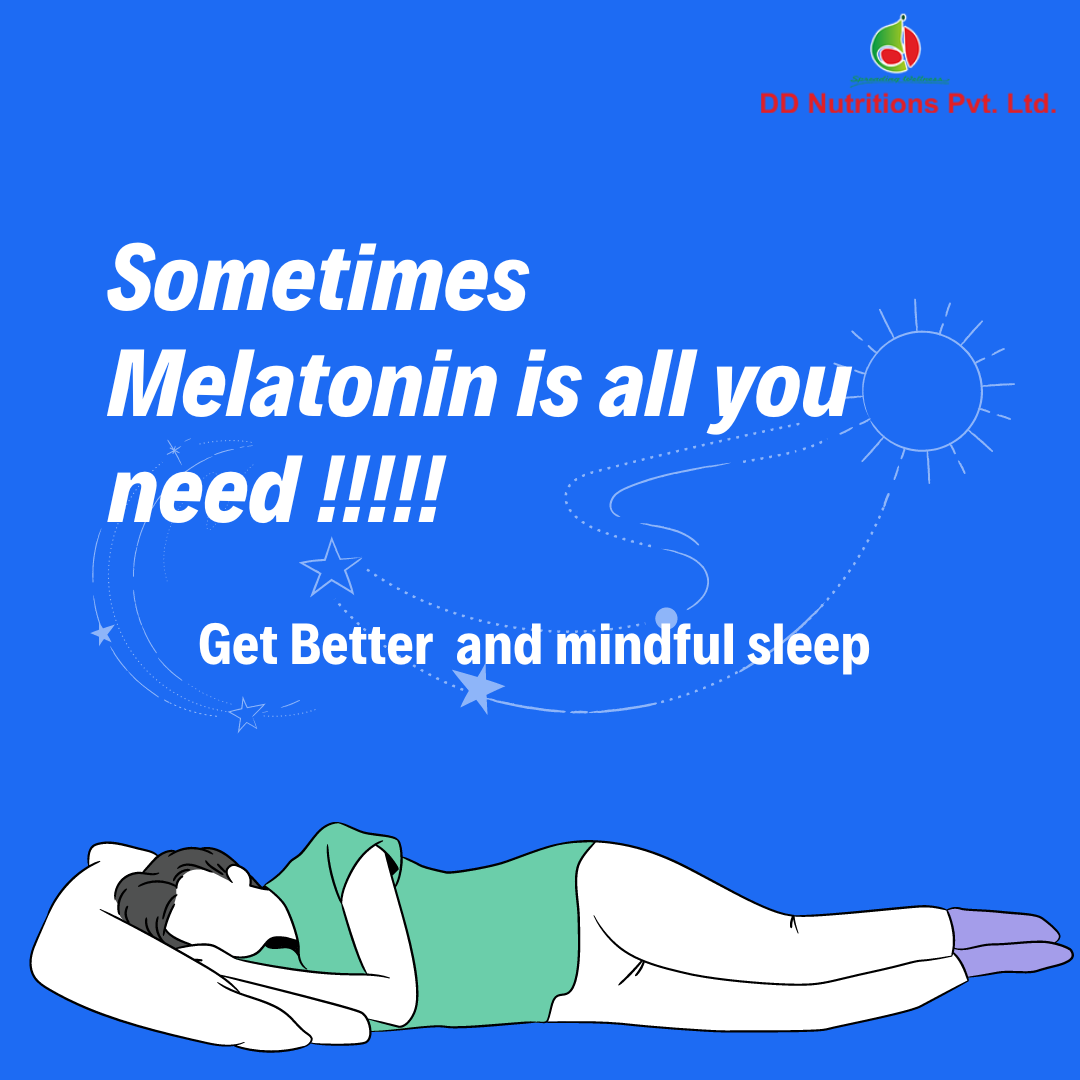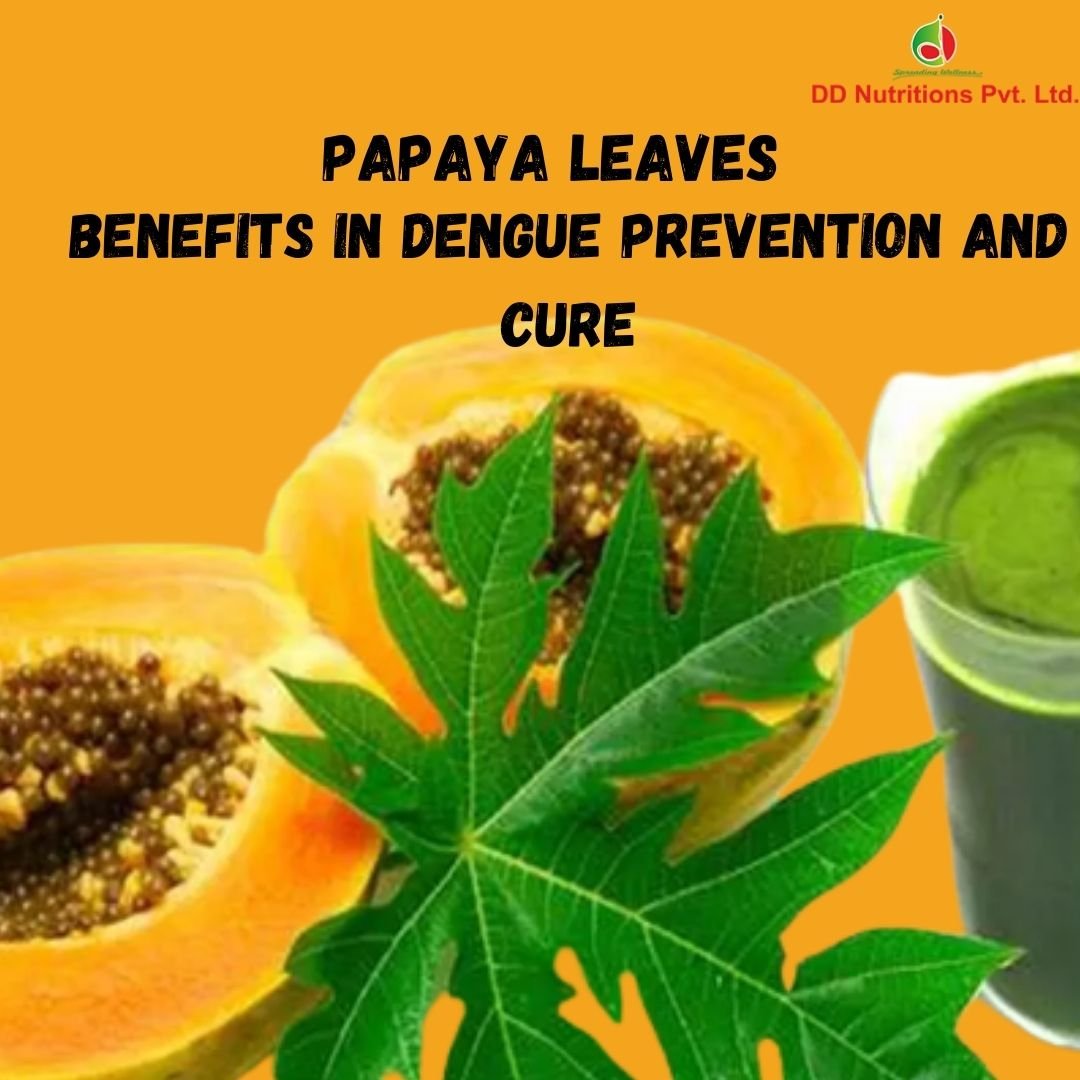Many people admire bright foods grown from the ground, yet hardly any have any familiarity with the shade that gives tomatoes their red tone: Lycopene. It can possibly secure the prostate, preventive oxidative harm, improve heart health, and more. Read on to find the advantages of lycopene, best food sources, and safety measures.
What Is Lycopene?
Lycopene is the radiant red shade that gives tone to various foods grown from the ground. Tomatoes are fundamental food source in Western culture and make up 85% of all out lycopene consumption.
Lycopene has a place with the huge group of carotenoids, which incorporates more than 600 shades. The most popular ones are beta-carotene and lutein. We know that carotenoids are healthy: an enormous collection of exploration upholds their advantages. Among every one of the carotenoids, lycopene conveys a novel advantages.
Key Feature of Lycopene:
Plenty in food varieties, particularly tomatoes
Filled with antioxidant and anti inflammatory agents
Helps prevent prostate malignant growth
Prevents heart and cerebrum health
Protect the skin and eyes
Skeptics:
High portions might cause stomach related issues
Most advantages need strong clinical proof
Certain individuals don't like tomatoes
Antioxidant Effects
Cancer prevention agents catch and kill free radicals, which can harm tissues and add to various sicknesses Lycopene is something beyond another plant cell antioxidant. As per some cell studies, it very well may be among the most impressive one.
In one review on sperm cells, it safeguarded sperm motility and shields from oxidative harm.
Best Lycopene Food Sources
Not all red produce contain lycopene, so you can't detect a lycopene-rich food by shading alone. Strawberries, for instance, don't contain any. Here is a rundown of food sources that pack critical measures of lycopene:
Food Lycopene (mg/100 g)
Tomatoes, sun-dried 46
Tomatoes, canned 21-29
Rose hips, wild 7
Guava 5
Watermelon 4.5
Medical advantages of Lycopene
1) Heart Disease
Free radical is a huge part in coronary illness. Cancer prevention agents help as a general rule, however lycopene has interesting potential among them. In an observational investigation of 1,379 European men, high blood levels of lycopene, yet not different carotenoids, related with less coronary episodes. In accordance with this, low lycopene blood levels were related with coronary illness in an observational investigation of 210 men.
Other observational preliminaries recommend that higher lycopene admission may likewise be defensive against atherosclerosis, a danger factor for coronary illness and stroke.
A meta-examination of 12 investigations inferred that the admission of 25 mg of lycopene each day viably diminishes two significant coronary illness hazard factors: "terrible" (LDL) cholesterol and hypertension.
In another meta-investigation of 21 preliminaries, higher tomato admission was related with lower LDL cholesterol and further developed vein work. It likewise affirmed the advantageous impacts of lycopene admission on pulse.
2) Prostate Cancer Prevention
Lycopene will in general gather in the prostate and plays a vital role in prostate prevention.
In an observational investigation of almost 50K men, those with higher lycopene admission were more averse to foster prostate malignant growth. The connection was much more grounded for a dangerous kind of prostate disease. The individuals who ate more tomatoes had higher lycopene blood levels, which brought down their prostate malignant growth hazard. Furthermore indeed, different carotenoids had no impact
3) Bone Health
As indicated by a review in 33 postmenopausal ladies, those with higher blood lycopene levels from dietary admission additionally had less oxidative bone damage. However, specialists didn't quantify its impacts on bone structure.
In a rodent study, a lycopene-rich eating schedule expanded bone strength better than the normal eating routine. Also, lycopene decreased bone cell death in test tubes.
4) Blood Pressure
Keeping a low sodium admission assists with keeping up with energizing circulatory strain. Expanding potassium admission might be similarly significant because of its extending impacts on arteries.
As indicated by the National Health and Nutrition Examination Survey (NHANES), less than 2% of grown-ups meet the suggested day by day potassium admission of 4,700 milligrams.
High potassium and low sodium admission are likewise connected with a 20 percent reduced danger of dying.
5) Skin
Collagen is a fundamental part of the skin, hair, nails, and connective tissue.
The development of collagen in the body is dependent on L-ascorbic acid and lycopene. A lack of L-ascorbic acid can cause scurvy. As Lycopene is a strong anti oxidant , a low admission is related with expanded harm from daylight, contamination, and smoke.
This can lead to wrinkles, drooping skin, imperfections, and other adverse impacts on the skin.
Dosage:-
Assuming your primary care physician proposes utilizing a lycopene supplement, work with them to track down the ideal measurements as indicated by your medical issue and different elements.
• Eating tomatoes: You can build lycopene blood levels and get antioxidant benefits with simply 16 ounces of tomato juice and around 4 oz of pureed tomatoes each day. This situation would give you around 20 mg of lycopene [51].
• Lycopene supplements: 60 mg/day of lycopene for a considerable length of time working on different proportions of health. Supplements are for the most part sold as capsules/tablets with 10-25 mg of lycopene for each.
Get your lycopene supplement designed and customized by DD Nutritions pvt ltd Leading Third party manufacturing company based in North Delhi.

.png)

~0.png)







~0.jpg)